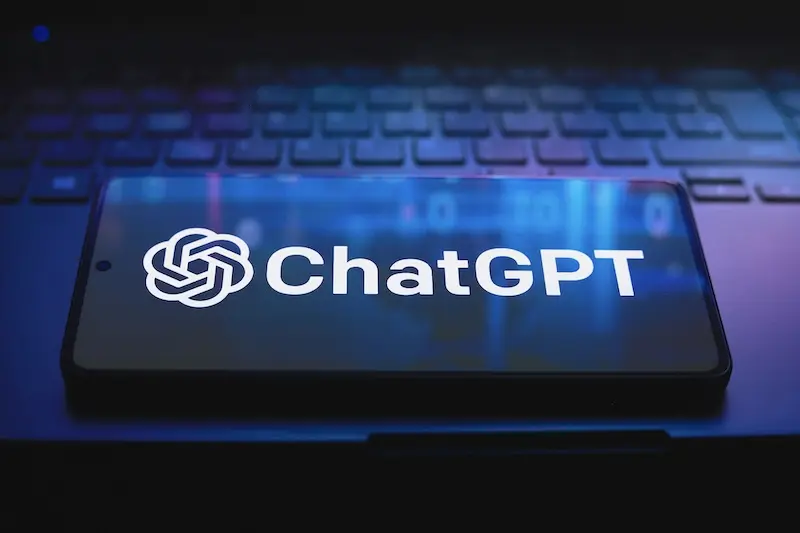AI adoption in language management is accelerating, and it’s prompting a significant rethink of roles, skills, and professional expectations. For translators, interpreters, and language professionals, it’s redefining workflows, reshaping expectations, and redrawing the lines between human and machine capabilities. The shift isn’t hypothetical or on the horizon; it’s already well underway.
So, where does that leave the language experts at the heart of this industry? And more importantly, how do they adapt, respond, and thrive in this rapidly evolving landscape?
The quiet arrival of AI adoption in language management
It didn’t come with a bang. AI crept into language management gradually, first through translation memory tools and rule-based engines, then through neural machine translation (NMT), automated subtitling, transcription software, and now generative AI and large language models.
In June 2024, Google Translate expanded its language offerings by adding 110 new languages to an already vast selection of over 200 languages. Tools like DeepL and ChatGPT are now part of everyday discussions among project managers and translators alike.
Some welcomed the change. Others, understandably, felt a quiet dread settle in. Would these tools replace human work entirely? Were years of linguistic training about to be undermined by algorithms trained on data?
The answer, as always, is nuanced.
AI adoption in language management: Practical impact on professionals
The adoption of AI in language management is certainly changing what “standard” work looks like. Routine, high-volume tasks are now handled at breakneck speed by machines, with clients expecting cheaper, faster turnaround times. But that speed often comes at a cost. And in most cases, it’s a cost that only human professionals can correct.
As impressive and powerful as they are, AI tools still struggle with nuance, idioms, register shifts, tone, ambiguity, and cultural subtlety. Whether it’s a misfired metaphor or an awkward turn of phrase, these moments require human eyes and ears to spot and resolve.
That’s where translators and interpreters are carving out their evolving role – not as simple conduits of language, but as quality gatekeepers, tone-setters, cultural navigators, and strategic partners.
Reframing the threat: Is AI replacing language professionals?
There’s no denying that some clients now overestimate what AI can do. That’s led to tighter budgets, squeezed rates, and expectations that don’t always match reality.
AI can process and generate, but it can’t feel, interpret context, or intuit audience reactions. That’s still the domain of human experts. And in high-stakes sectors like medical, legal, literary, or under-resourced languages, the margin for error is too thin to automate.
So while automation may shrink some parts of the job, it expands others. We’re seeing entirely new roles emerge within the AI-augmented language management space.
Emerging opportunities from AI adoption in language management
As traditional roles evolve, a new area of opportunities is rapidly developing, reshaping how language professionals contribute and where their skills are most needed. Here’s what’s on the rise:
- Post-editors: Specialists who refine and enrich machine-generated output, ensuring quality, clarity, and cultural relevance.
- AI Localization Project Managers: professionals who liaise with technical teams and manage automation processes alongside timelines and deliverables.
- Prompt engineers: Professionals skilled at crafting inputs that direct AI systems to generate better, more tailored outputs.
- Human-in-the-loop reviewers: Language specialists who oversee hybrid workflows, ensuring that machines don’t misfire.
- AI ethics advisors: Strategists ensuring that AI is used responsibly, particularly when dealing with sensitive content or vulnerable groups.
This isn’t the end of the language expert. It’s a redefinition of what counts as expertise – what skills are gaining prominence, and how they’ve evolved from traditional linguistic roots.
What language professionals can do right now
So, how should language professionals respond and adapt to AI adoption in language management?
It starts with reframing the mindset. Those who view AI as a competitor may find themselves in constant resistance mode. But those who view it as a collaborator can begin to identify ways to increase their value within augmented workflows.
The future doesn’t demand that everyone become a software engineer. But it does reward professionals who:
- Understand how AI tools work – and where they fail.
- Invest time in learning prompt engineering, workflow integration, and AI-assisted QA.
- Shift toward high-context, creative, or specialized roles where AI still can’t compete.
- Communicate the value of human oversight clearly to clients.
Education plays a crucial role, too, and AI literacy is now a foundational skill. Without it, professionals risk falling behind – not because they’ve been replaced, but because they’ve been left out of the conversation.
Redefining expertise in an AI-augmented industry
Rather than reacting to the pace of AI integration, language professionals now have the opportunity to shape how it fits into their careers. The future belongs to those who lean in – who get curious about how these tools function, who test their limits, and who learn when to rely on them, and when not to.
This shift doesn’t mean abandoning linguistic foundations. Quite the opposite. It means putting those foundations to use in new contexts: guiding AI, correcting its missteps, and training it to better reflect human meaning and authenticity. Whether refining tone, flagging bias, or adapting for culture, the role of the expert becomes more, not less, critical.
What emerges is a more expansive definition of what it means to be a language professional. It includes cultural acuity, yes, but also technical fluency, strategic thinking, and the ability to work collaboratively with both human and machine teammates.
We believe the best results will always come from teams where language professionals and AI tools work in tandem, not in tension. That’s where the next generation of opportunity lies.
The opportunities of AI adoption in language management are endless: Let’s build the future together
At International Achievers Group, we work with professionals and companies navigating these changes every day. Whether you’re a translator looking to step into a new role or a language service provider in search of AI-literate talent, we’re here to help.
Let’s make sure you’re not just ready for what’s next, you’re leading the charge. Speak to our team today about roles and recruitment solutions tailored for the AI-augmented language industry.



